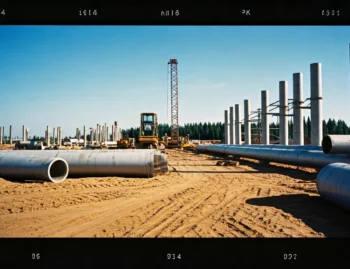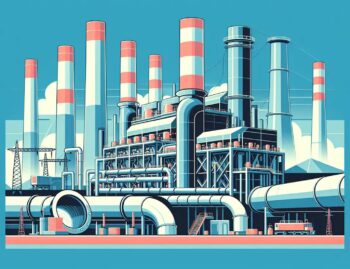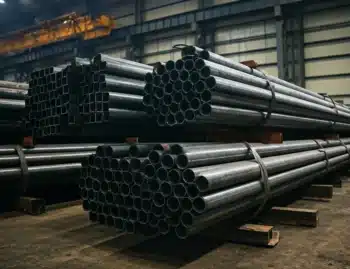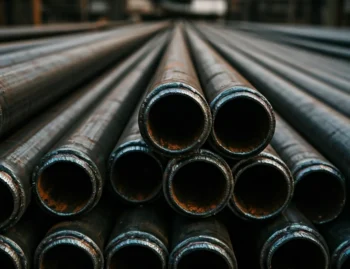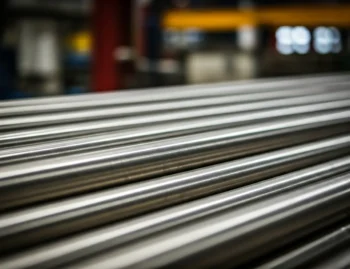Two factors put the hurt on the centuries-old industry in England. Rising energy costs and cheap imports, primarily from China, made producing the product too expensive. Last year the government in Britain, for the first time, voted to protect the industry. Whether their actions are enough to bring steel roaring back to life is not known yet.
An Old Line Industry Has Been Hit Hard by Foreign Competition
Steel in the United Kingdom, like in other parts of the world, was an integral industry that built much of the country’s infrastructure while providing high-paying jobs to locals. As imports rose, layoffs and losses mounted, which caused a reduction in investment in local steel production capacity. Those acts caused a shrinkage in revenues which could be seen as a “death spiral” unless there’s an introduction of positive actions to reverse the bleeding.
The current scene is vastly different from the 20th century when hundreds of thousands of British workers made steel. The high cost of energy, much of which is because of “green levies” imposed by the government has pushed the industry to the brink. Steel is a commodity item, which means that higher prices result in lower sales. With those smaller shipments of units come the loss of jobs. Even worse, as the prospects decline across the board, there’s little to any money for investment or reinvestment.
To put the current sorry state of affairs of the British steel industry in perspective, it’s worth mentioning Big Ben. This iconic British landmark is currently undergoing a massive renovation involving steel, most of which are from outside of the country! With thousands laid off in the past few years and prospects looking so bleak, it’s no surprise that this renovation project is raising ire. In the past, countries considered steel output to be of paramount success for the country. Now, even the most likely jobs to benefit from local steel are going to foreign firms.
Is There a Political Solution?
Whether the government will eventually respond to the requests of the steel industry to level the playing field remains to be seen. The energy costs have been a hurdle that has been nearly impossible to overcome. A commitment to “eco-friendliness” has left old-school industries like the steel business reeling.
For their part, members of parliament have maintained they work for the best interests of British workers and the steel producing companies. Still, there is a massive problem that continues to happen, and there is little sign it will be clearing up soon. The construction industry has become dependent on cheap steel, and few companies are willing to pay more for a local version. Without some protectionist scheme in place, there’s a high probability that the industry will continue to shed jobs.
Steel industry representatives are likely to push for a political resolution. The U.S. has enacted protectionist policies to protect steel suppliers, and Britain has begun the process of doing the same. Critics of the Chinese steel industry have long complained of “dumping” practices which artificially lower the costs of steel at the expense of local suppliers. As losses continue to mount it seems like British players will continue to accelerate demands for some help from Parliament. Without it, the downhill trend may continue unabated.


